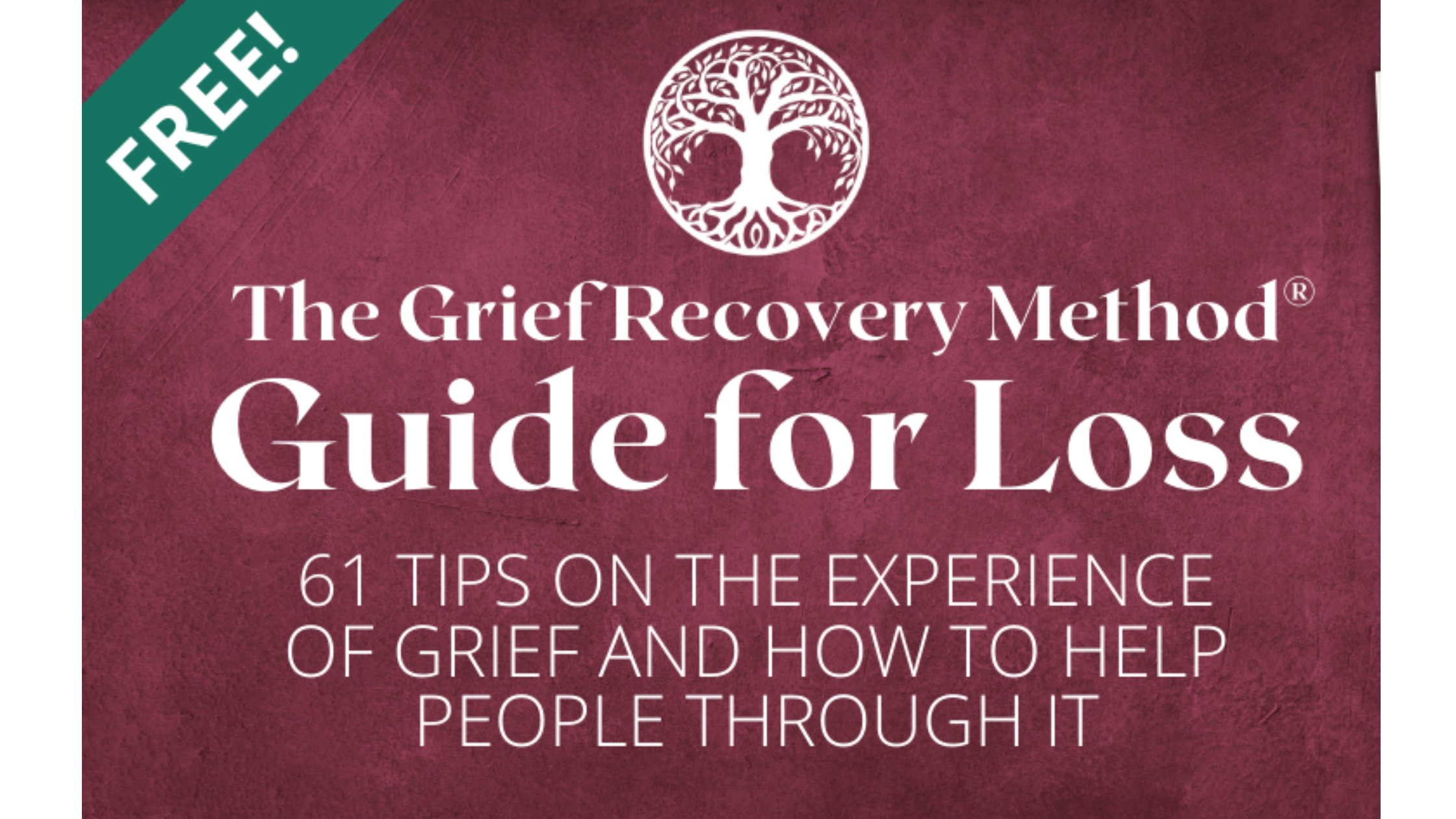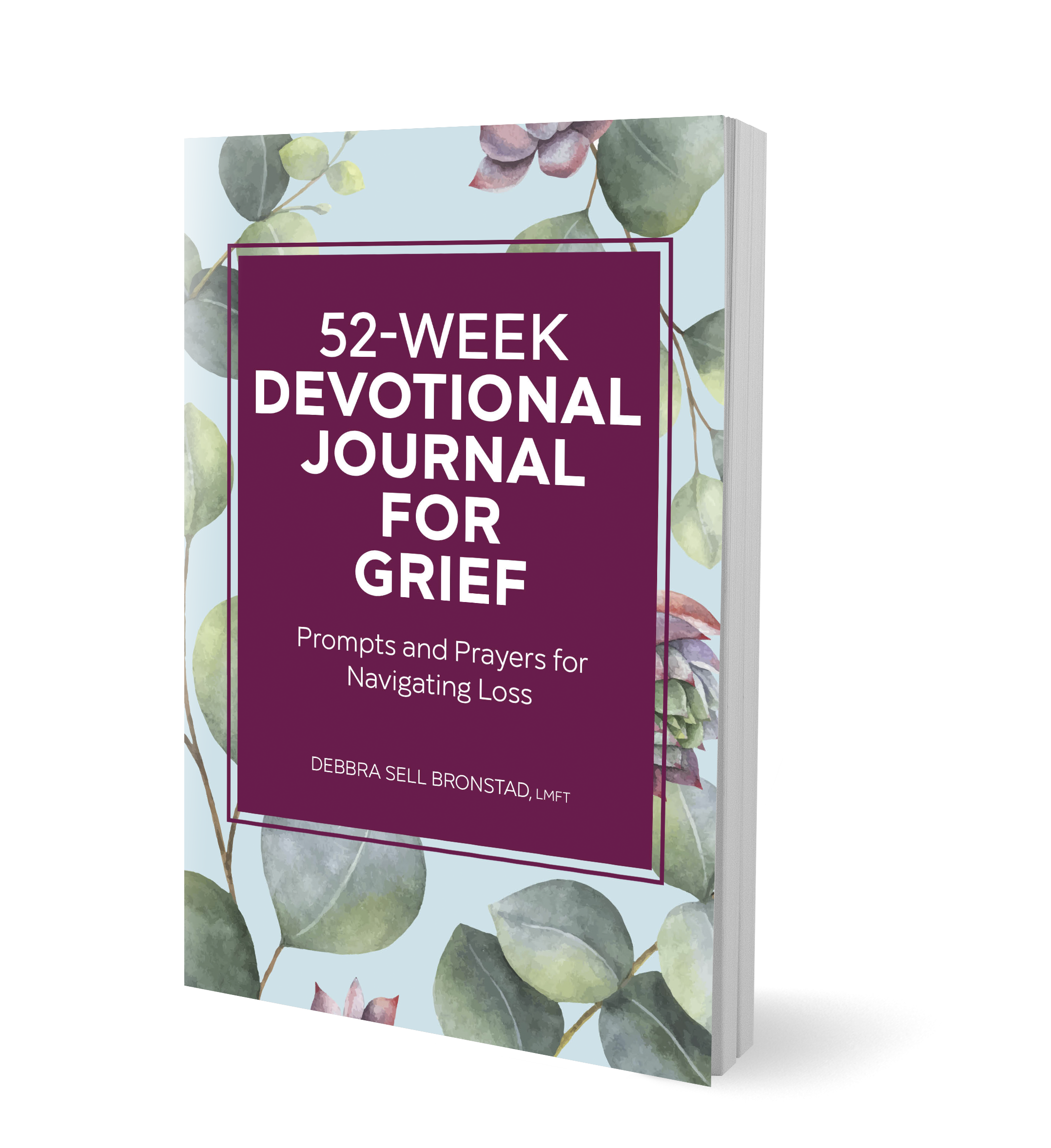Trauma and Grief
Trauma and grief affected the survivors and first responders to the terrorist attack on the World Trade Center.
Over the 9/11 tenth anniversary weekend I spent several hours watching back-to-back documentaries on the History Channel about what happened and how it impacted the victims, their families, our nation and the first responders.
As a grief counselor, I was especially interested in how people came to terms with the tragedy and its impact on their lives. In the interviews with family members of several who died that day, I observed signs that they had made peace with the past and had moved on. They were able to smile and laugh at their remembrances of their loved one. There were tears, but they didn’t appear to be tortured by them.
In contrast, in interviews with firefighters and other first responders to the World Trade Center attack, I noticed several interviewees becoming unwilling to continue to talk when they recalled certain events. It was clear that the trauma and grief of that day were still fresh.
Some even mentioned common trauma symptoms such as nightmares, withdrawing from activities they once enjoyed, and feeling a sense of isolation from their previous social support.
|
Unresolved trauma has hindered their recovery from grief. Traumatic experiences usually involve a threat to your life or physical safety. Any situation that causes you to feel overwhelmed and helpless can result in trauma, even if the result is not physical harm. Your subjective emotional experience of the event is a key factor that determines whether you are traumatized by the event. When there is trauma, the mind and body remain in a state of shock that hinders healing. The trauma is often retriggered by external reminders and memories of the event. |
 |
A stressful event can be traumatic if:
- You were unprepared for it
- It happened unexpectedly
- It happened repeatedly
- Someone was intentionally cruel
- You felt powerless to prevent it
- It happened in childhood
Symptoms of traumatic stress include:
- Shock, denial, disbelief
- Reliving the event in flashbacks or nightmares
- Withdrawal from your primary support system
- Emotional numbness
- Feeling disconnected
- Difficulty concentrating
- Anger, irritability, mood swings,
- Anxiety, fear
- Startle response
- Fatigue
- Muscle tension
- Aches and pains
- Insomnia
- Guilt, self-blame, shame
- Sadness, hopelessness
- Isolation
- Difficulties in relationships
Trauma and grief can occur in many different ways. We expect trauma to be a component when the grief is related to someone dying in a car accident, natural disaster or terrorist attack and when the survivor witnessed the death.
But trauma can come from many other, less obvious sources. When trauma is not resolved, it delays the grief process.
Consider these examples where traumatic stress may be a continuing source of pain:
- An unexpected death
- An unexpected diagnosis of a life-threatening illness
- Discovery of a spouse’s affair
- Sexual assault
- Physical assault
- Sexual, physical or verbal abuse
- Major surgery
- Abortion
- Relationship break-up
Even if you did not experience the event yourself, but heard about it from others, an image may remain in your mind of what happened and can fuel a sense of trauma.
When should you seek professional help for trauma:
Consulting with a professional counselor immediately after a traumatic event can help to minimize the profoundly damaging effects of unresolved trauma. Counseling can help you process your grief surrounding the event in a timely manner. If after several months or years you still experience the symptoms below, therapy may be able to help you to recover your sense of safety and improve functioning for daily life.
If you are having any of the following symptoms,
counseling can help you reclaim your life after trauma:
- Difficulty functioning at home or work
- Severe fear, anxiety, or depression
- Experiencing terrifying memories, nightmares, or flashbacks
- Inability to form close, satisfying relationships
- Avoiding more and more things that remind you of the trauma
- Emotionally numb and disconnected from others
- Using alcohol or drugs to feel better

At the end of the day, the History Channel documentary focused on the making of the 9/11 Memorial. What was once a place of unimaginable horror and human suffering has been transformed into a tranquil park of remembrance. There is peace and calm there today in a beautiful setting.
I have been helping people get peace and calm for memories of childhood and adult trauma and grief for over 12 years. When the trauma is resolved, you can move forward to heal the pain of loss. These memories can be transformed to neutralize the pain so that what remains is a testimony to healing and growth.
If you’ve experienced any type of trauma and grief that still disturbs you, please give me a call at (248) 929-5354 so we can talk about a path toward healing.
Return Home from Trauma and Grief



